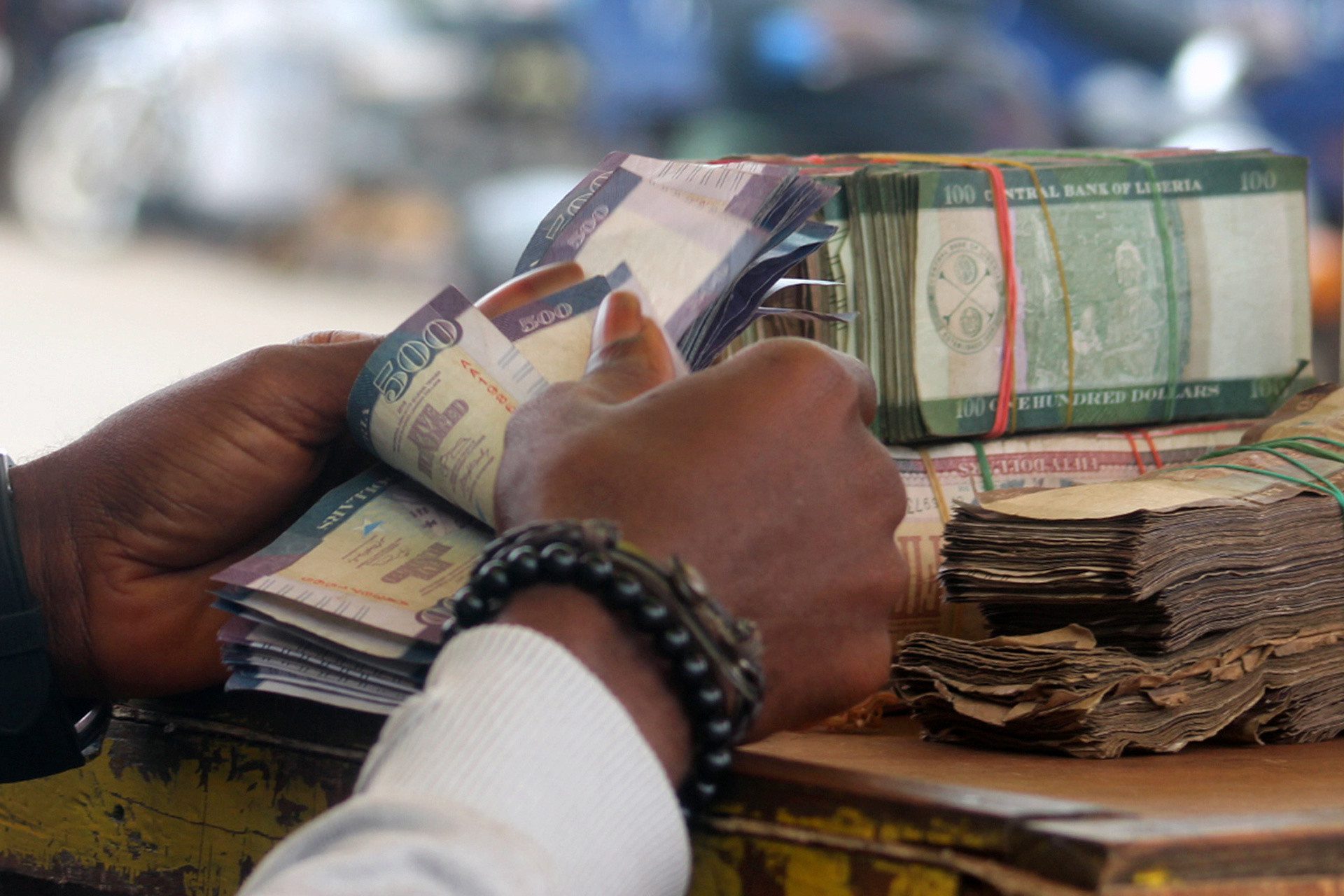The Argentine Tax Authority (AFIP) is increasing its control when it comes to digital wallets. The institution recently revealed that it found irregularities in at least 184 tax returns that include digital wallets and cryptocurrencies. These taxpayers did not include their wallet holdings as part of their 2021 tax returns, leaving nearly $7.6 million in such assets unreported.
The Argentine tax authority AFIP finds irregularities
The Argentine tax authority has increased its vigilance for digital and cryptocurrency taxes. Recently, the institution announced that it had discovered a number of irregularities involving at least 184 taxpayers, who failed to refer to their digital and cryptocurrency holdings in their tax returns.
The audited tax returns, which correspond to fiscal year 2021, involve a difference of nearly $7.6 million in non-asset-free assets, which must be paid according to existing property tax rules.
AFIP explained that this was the result of cross-referencing the data provided by taxpayers with the information available in the databases of the institution, which informed it that some individuals underreported their holdings in crypto and digital wallets, while others did not report their holdings in their totality.
How exchange helps
The findings of the Argentine tax authority are possible due to the information that both providers of digital wallets and cryptocurrency exchanges must submit to the institution in order to comply with national laws. Part of this information provided includes the ID data of the owners of the accounts, their account balance and a detailed list of movements, including the destination of the transacted funds.
While some users have moved their transactions to P2P exchanges, the regular movement of funds and the amounts being moved may also bring them to the attention of AFIP, according to national analysts. Roberto Sanchez, of PWC Argentina, told Iproup about the increase in this type of transaction. He stated:
Throughout the year, as a result of the increase in transactions and variations in valuation, users who choose to operate through P2P (person to person) platforms have visibly multiplied.
It is not the first time AFIP has alerted taxpayers to irregularities in its statements. The institution notified nearly 4,000 residents of discrepancies related to crypto holdings in October, and gave them the opportunity to change their statements.
The government of Argentina also signed an automatic tax data sharing agreement with the United States in December, aiming to push for tax collection related to goods held in other countries, including crypto.
What do you think about the actions of AFIP regarding digital wallets and cryptocurrency taxes? Tell us in the comments section below.
Sergio Goschenko
Sergio is a cryptocurrency journalist based in Venezuela. He describes himself as late to the game, entering the cryptosphere when the price spike occurred during December 2017. He has a computer engineering background, lives in Venezuela and is influenced by the cryptocurrency boom on a social level, offering a different point of view on crypto success and how it helps the unbanked and underserved.
Image credit: Shutterstock, Pixabay, Wiki Commons, DiegoCityExplorer / Shutterstock.com
Disclaimer: This article is for informational purposes only. It is not a direct offer or solicitation of an offer to buy or sell, or an endorsement or recommendation of products, services or companies. Bitcoin.com does not provide investment, tax, legal or accounting advice. Neither the company nor the author is directly or indirectly responsible for damages or losses caused or alleged to be caused by or in connection with the use of or reliance on content, goods or services mentioned in this article.



